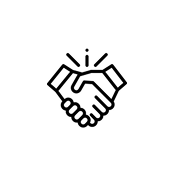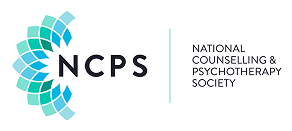About Me
A Bit About My Practice
Before any theory or model can help, there must first be safety, trust and mutual respect. I work in a way that leaves you feeling heard, understood and empowered. Many of my clients, after seeking therapy elsewhere and having found it disappointing or ineffective, come to me – sometimes what’s needed is simply more depth, more relational presence and a therapist who sees the whole of you, including your blind spots.
My approach is integrative and person-centred, drawing on a wide range of psychological frameworks – including Cognitive Behavioural Therapy (CBT), mindfulness, somatic experiencing, psychodynamics, Internal Family Systems (IFS) and attachment theory to create a therapy experience that is as unique as you are. I am deeply compassionate yet not afraid to challenge and direct when needed, as we work together towards your goals.
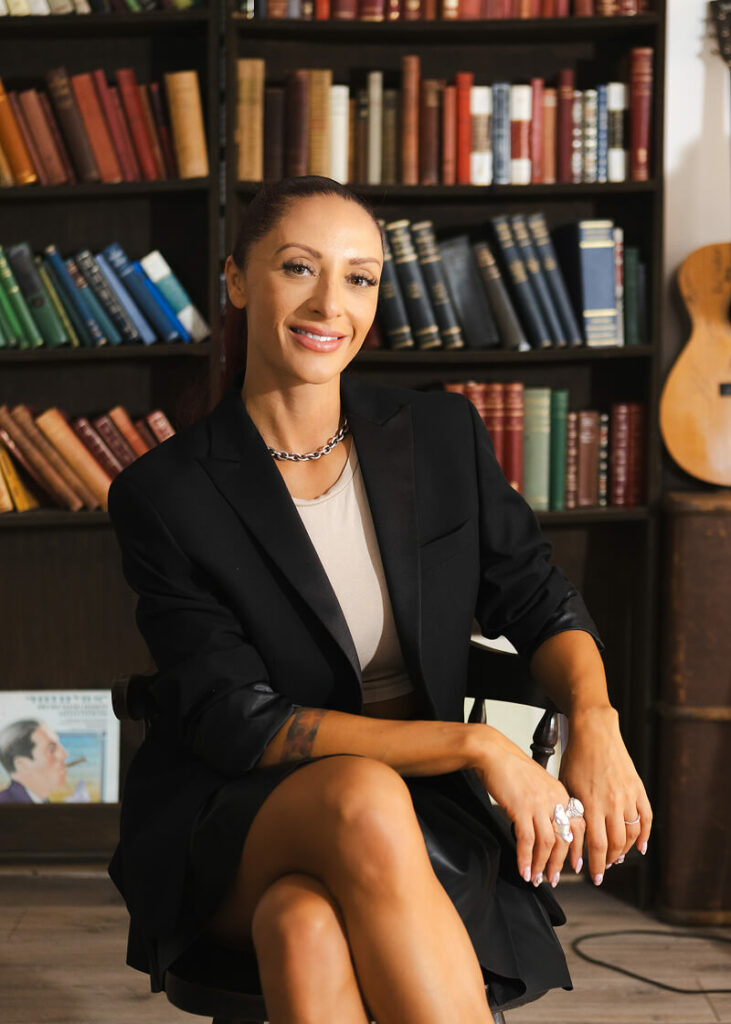
My Story - How I Became a Psychotherapist
My journey to becoming a psychotherapist has been anything but linear. It is a story woven from diverse experiences, personal challenges and ultimately a profound desire to find my purpose.
I tried my hand at many things (classic ADHD!), and found myself returning again and again to the same questions: Why do we do what we do? How do we heal? What helps us make meaning after harm? I had my own experiences of trauma and recovery and I was drawn to psychology and philosophy as I sought to make sense of those feelings and experiences.
Everything clicked when I took a small, local introductory counselling course while my children were little. After class, the tutor pulled me aside and said, “You’d be great at this.” Something in me knew she was right. I kept going – Level 2, Level 3, the Diploma (Level 4), and then the Advanced Diploma (Level 5). Along the way I began volunteering with Cruse Bereavement Care, receiving specialist grief training and visiting people in their homes for time-limited support. My first placement, in a small seaside town in Wales, brought “anything and everything” through the door – trauma, loss and the real lives of real people.
A turning point came when I joined a pilot project with a Welsh charity (Building Blocks) working with disabled young people and their families. The project was lottery-funded and rural; we tested what actually helped. When funding was approved, I was asked to take the project forward and deliver it solo for three years – through the upheaval of COVID. I developed and delivered individual therapy for 14–25-year-olds, ran neurodivergence education workshops for families, created joint support plans and collaborated with community partners to build a Forest School strand. It was practical, demanding and rewarding. Working so closely with neurodivergent young people also helped me recognise my own neurodivergence – it shaped my empathy, my pacing, my language and my belief that therapy must honour each person’s unique wiring.
I’ve been fortunate to have extraordinary mentors, especially the late Billy Hardy, founder of the Systemic Psychotherapy Institute in Wales. Billy took me under his wing – supervision, long conversations and a deep dive into systemic thinking and social pedagogy. His wisdom and support were instrumental in shaping my approach to therapy, teaching me the importance of fostering a safe and trusting environment for clients. I learned that therapy is not just about addressing issues; it’s about curiosity, understanding their social contexts and building a connection that allows for exploration, healing and growth. He also encouraged me to gain my supervisory qualification.
My practice is guided by anti-oppressive values: cultural humility, reflexivity and a clear-eyed awareness of power and privilege. I’m actively involved with professional initiatives focused on anti-oppressive practice and training standards, with a particular interest in how our field can better address race, class, minority stress and other social systems that can impact mental health.
I keep up-to-date with the latest research, especially around minority stress and nervous system-informed approaches, and I invest in ongoing CPD courses, conferences and peer learning. I’m LGBTQ+ and kink aware, and I’m committed to creating a space where people can be fully open and honest without fear of judgment.
A crucial lesson I’ve learned from my personal trauma recovery and my experiences over the years, particularly when navigating the challenges of my Crohn’s disease, is the profound role of the mind-body connection in the healing process. While I initially focused on understanding the mind and its complexities, I now know that the body is intricately involved in every aspect of our emotional and psychological experiences.
Today, I am incredibly proud to be a psychotherapist, where my passion for continuous learning and exploration and how I can apply this to help others flourishes every day. What I love most about this work is the incredible privilege of witnessing my clients’ journeys toward self-discovery and healing – I’ve been able to help people who thought they were beyond help, that there was no way out or forward, and being a part of this is truly rewarding.
Qualifications & Accreditations

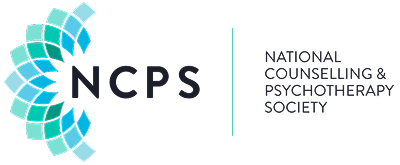
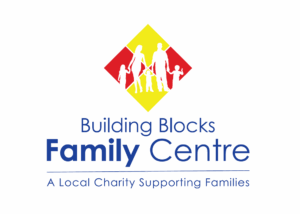
I am proud to serve as the National Counselling & Psychotherapy Society (NCPS) Representative for Wales, and as a Charity Trustee for Building Blocks, a charity supporting families in Wales.
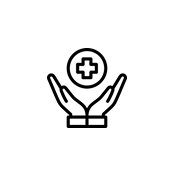
Integrative Counselling & Psychotherapy PGDip

Anti-Oppressive Practice Certifications

Clinical Supervision Qualification (Level 7)
